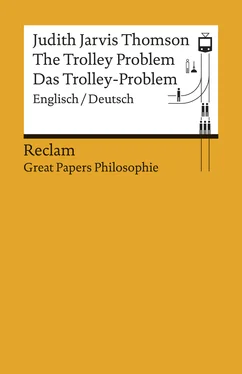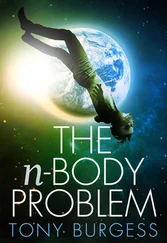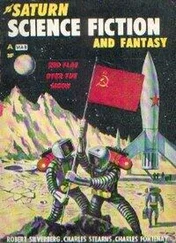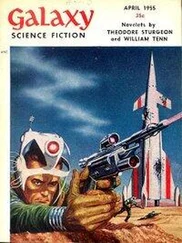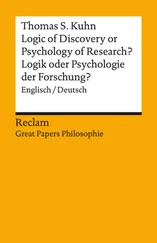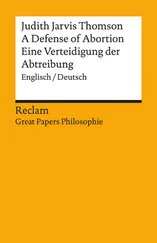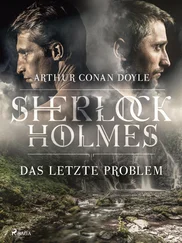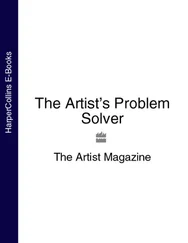That is because the hypothesis I proposed says nothing at all about the source of the threat to the five. Whether the threat to the five is, or is caused by, a human being or anything else, it is not permissible to do what will kill one to save the five except by making what threatens the five itself threaten the one.
By contrast, it seems to me very plausible to think that if a villain has started a trolley towards five, we may deflect the trolley towards one – other things being equal, of course. If a trolley is headed towards five, and we can deflect it towards one, we may , no matter who or what caused it to head towards the five.
I think that these considerations help us in dealing with a question I drew attention to earlier. Suppose a villain says to us “I will cause a [1414] ceiling to fall on five unless you send lethal fumes into the room of one.” If we refuse, so that he does what he threatens to do, then he surely does something very much worse than we would be doing if we acceded to his threat and sent the fumes in. If we accede, we [84]do something misguided and wrongful, but not nearly as bad as what he does if we refuse.
It should be stressed: The fact that he will do something worse if we do not send the fumes in does not entail that we ought to send them in, or even that it is permissible for us to do so.
How after all could that entail that we may send the fumes in? The fact that we would be saving five lives by sending the fumes in does not itself make it permissible for us to do so. (Rights trump utilities.) How could adding that the taker of those five lives would be doing what is worse than we would tip the balance? If we may not infringe a right of the one in order to save the five lives, it cannot possibly be thought that we may infringe the right of that one in order, not merely to save the five lives, but to make the villain’s moral record better than it otherwise would be.
For my own part, I think that considerations of motives apart, and other things being equal, it does no harm to say that
(II) Killing five is worse than killing one
is, after all, true. Of course we shall then have to say that assessments of which acts are worse than which do not by themselves settle the question of what is permissible for a person to do. For we shall have to say that, despite the truth of (II), it is not the case that we are required to kill one in [86]order that another person shall not kill five, or even that it is everywhere permissible for us to do this.
What is of interest is that what holds inter-personally also holds intra-personally. I said earlier that we might imagine the surgeon of Transplant to have caused the ailments of his five patients. Let us imagine the worst: He gave them chemical X precisely in order to cause their deaths, in order to inherit from them. Now he repents. But the fact that he would be saving five lives by operating on the one does not itself make it permissible for him to operate on the one. (Rights trump utilities.) And if he may not infringe a right of the one in order to save the five lives, it cannot possibly be thought that he may infringe the right of that one in order, not merely to save the five lives, but to make his own moral record better than it otherwise would be.
Another way to put the point is this: Assessments of which acts are worse than which have to be directly relevant to the agent’s circumstances if they are to have a bearing on what he may do. If A threatens to kill five [1415] unless B kills one, then although killing five is worse than killing one, these are not the alternatives open to B. The alternatives open to B are: Kill one, thereby forestalling the deaths of five (and making A’s moral record better than it otherwise would be), or let it be the case that A kills five. And the supposition that it would be worse for B to choose [88]to kill the one is entirely compatible with the supposition that killing five is worse than killing one. Again, the alternatives open to the surgeon are: Operate on the one, thereby saving five (and making the surgeon’s own moral record better than it otherwise would be), or let it be the case that he himself will have killed the five. And the supposition that it would be worse for the surgeon to choose to operate is entirely compatible with the supposition that killing five is worse than killing one.
On the other hand, suppose a second surgeon is faced with a choice between here and now giving chemical X to five, thereby killing them, and operating on, and thereby killing, only one. (It taxes the imagination to invent such a second surgeon, but let that pass. And compare Trolley Driver .) Then, other things being equal, it does seem he may choose to operate on the one. Some people would say something stronger, namely that he is required to make this choice. Perhaps they would say that
(II’) If a person is faced with a choice between doing something here and now to five, by the doing of which he will kill them, and doing something else here and now to one, by the doing of which he will kill only the one, then (other things being equal) he ought to choose the second alternative rather than the first
[90]is a quite general moral truth. Whether or not the second surgeon is morally required to make this choice (and thus whether or not (II’) is a general moral truth), it does seem to be the case that he may. But this did seem puzzling. As I put it: Why should the present tense matter so much?
It is plausible to think that the present tense matters because the question for the agent at the time of acting is about the present, viz. “What may I here and now do?,” and because that question is the same as the question “Which of the alternatives here and now open to me may I choose?” The alternatives now open to the second surgeon are: kill five or kill one. If killing five is worse than killing one, then perhaps he ought to, but at any rate he may, kill the one.
Конец ознакомительного фрагмента.
Текст предоставлен ООО «ЛитРес».
Прочитайте эту книгу целиком, купив полную легальную версию на ЛитРес.
Безопасно оплатить книгу можно банковской картой Visa, MasterCard, Maestro, со счета мобильного телефона, с платежного терминала, в салоне МТС или Связной, через PayPal, WebMoney, Яндекс.Деньги, QIWI Кошелек, бонусными картами или другим удобным Вам способом.
